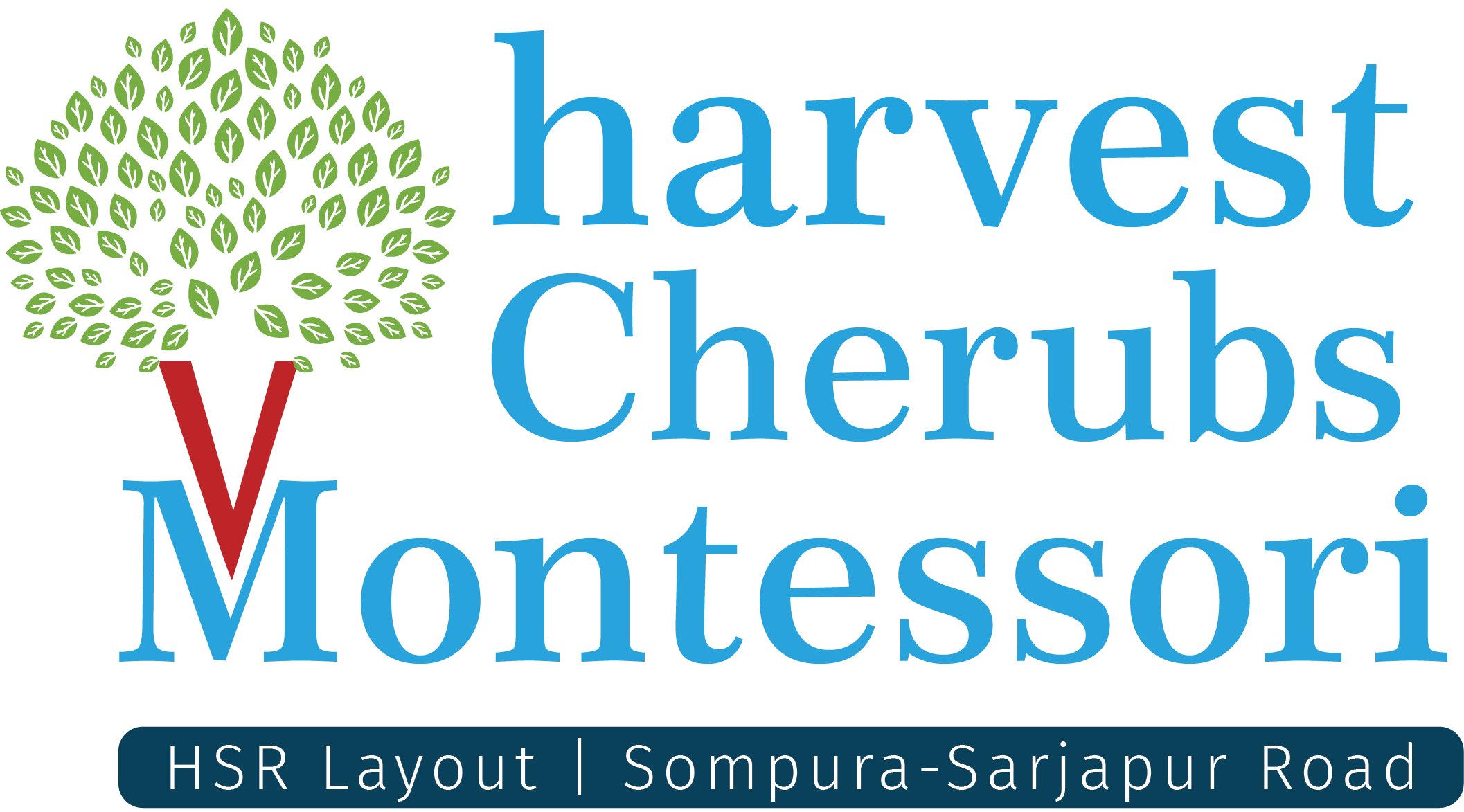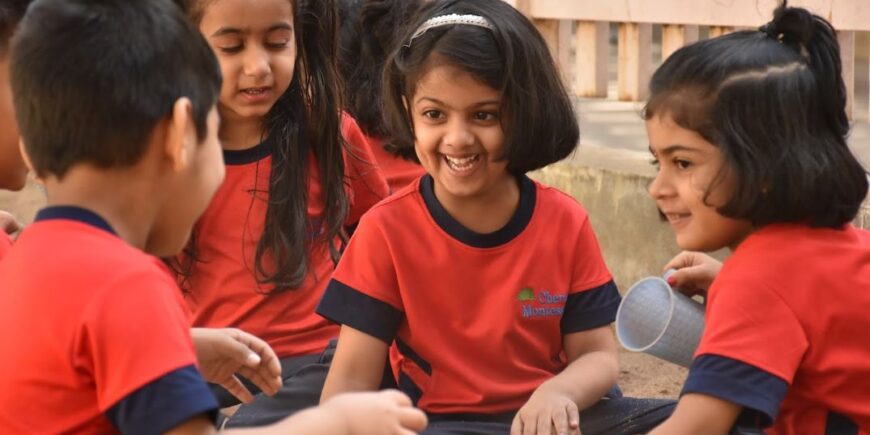Montessori education provides a holistic view to children’s development as it was envisaged by Maria Montessori. A key element of development is effectively communicating one’s ideas and thought processes. Communication is both listening actively and telling fearlessly what is on one’s mind. This process entails many challenges-namely how do we communicate our differences respectfully? How do we deal with conflicts in our environment? From these standpoints, Montessori education emphasizes the importance of teaching children conflict resolution skills and promoting effective and respectful communication.
“Once the child can speak, he/she can express himself/herself and no longer depends on others to guess his needs. A Child finds himself/herself in touch with human society, for people can only communicate through language.”
Dr. Maria Montessori
Some notable strategies that we educators impact in our daily classroom activities, as well as lesson plans, are listed below.
Respectful Communication as a daily habit: As an educator, model respectful communication is needed while interacting with children. Children learn by observing, so educator expulsion is required.
Inclusive environment: Inclusive Montessori school provides an enriched environment in which children are inspired to reach their highest potential. There are generally six aspects to the prepared Montessori environment i.e. Freedom, Structure, Order, Beauty, Nature, Social environment and Intellectual environment. The Montessori philosophy fosters a strong sense of community and respect for self and environment, building a strong academic foundation for a lifetime of learning.
Teacher-student connections: One of the most special things about Montessori education is the relationship between the teacher and the student. Although Montessori students have the freedom to pursue their academic progress, a teacher provides the tools for learning and the pathway to information and discovery. Teachers act as guides for their students. They work with students in a group. Since the teacher becomes familiar with the student’s likes and dislikes, they can better guide the students through their journey of learning.
Relationship with peer group: Peer relationships provide a unique context in which children learn a range of critical social-emotional skills, such as empathy, cooperation, and problem-solving strategies.
Class celebrations: In the Montessori environment, birthdays are celebrated differently. Montessori ritual of inviting the child to carry a globe of the Earth and walk around the symbol of the sun, one revolution for each year of the child’s life.
Parents involvement: Students whose parents stay involved in school have better attendance and behavior, get better grades, demonstrate better social; skills, and adapt better to school. Parental involvement also more securely sets these students up to develop a lifelong love of learning, which researchers say is key to long-term success.
Conflict Resolution: “Language is used to communicate needs and desires as well as for self-expression of their feelings and emotions.”
We empower children to communicate effectively and resolve conflicts, respectively. This helps develop strong character and personal skills.


 Previous Post
Previous Post